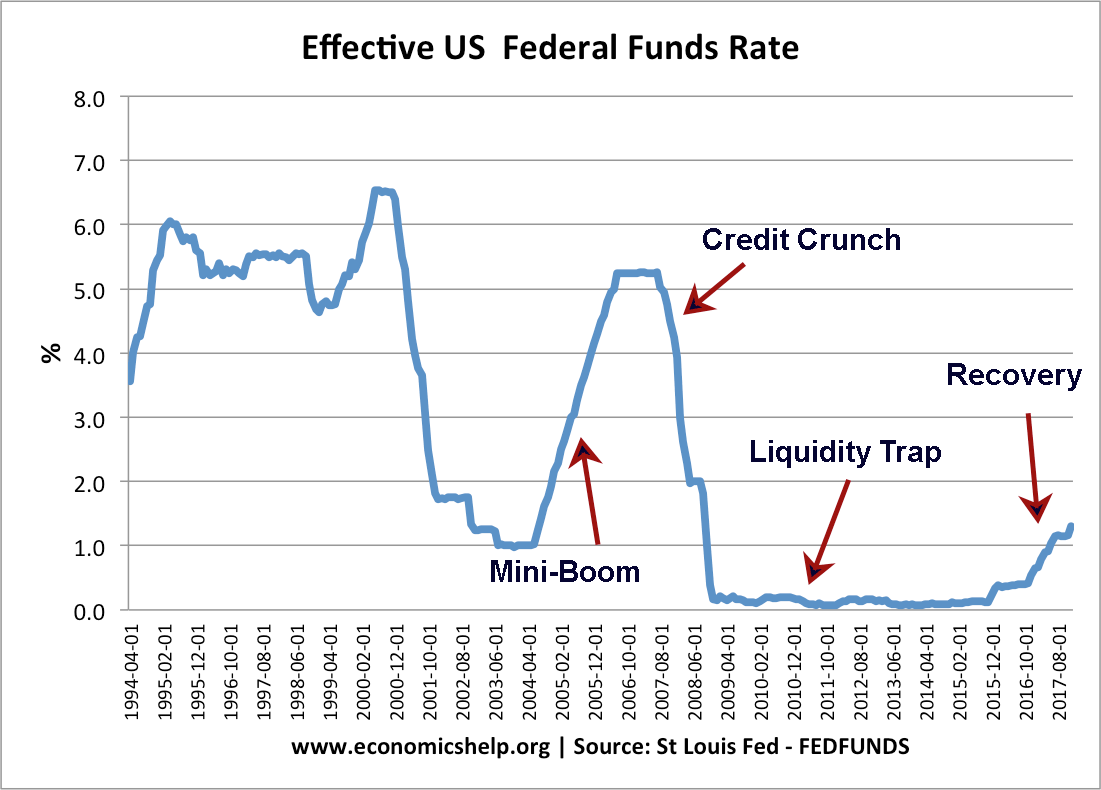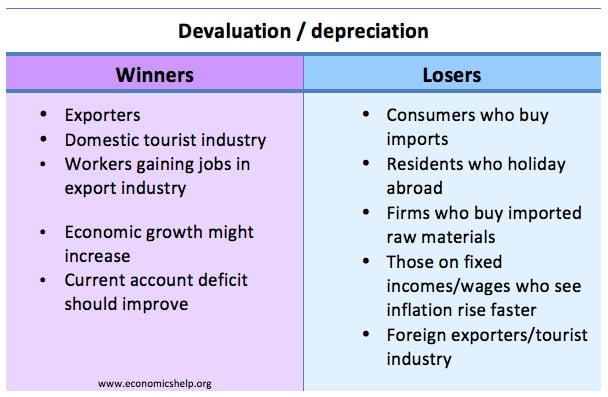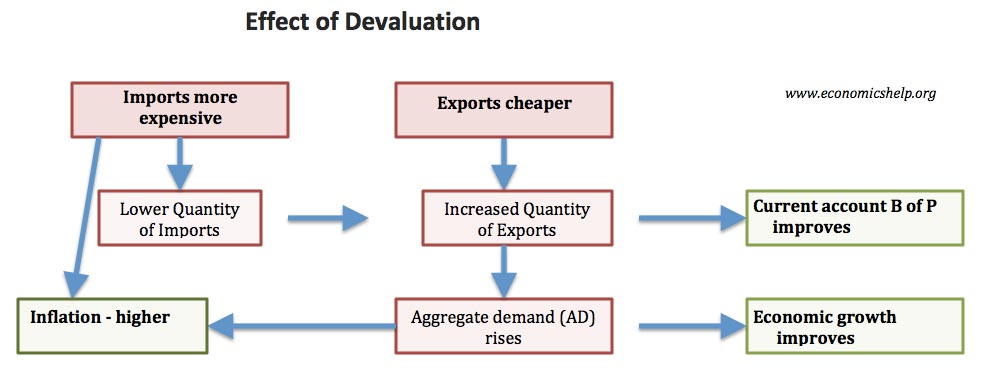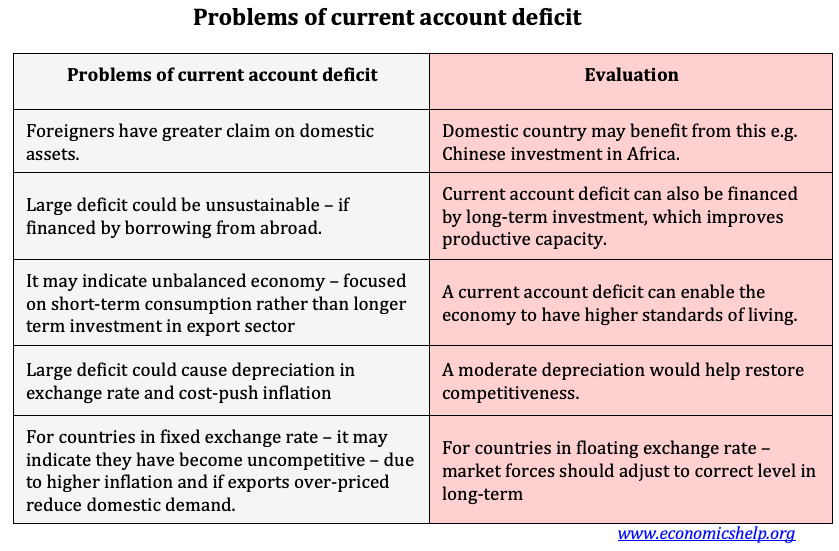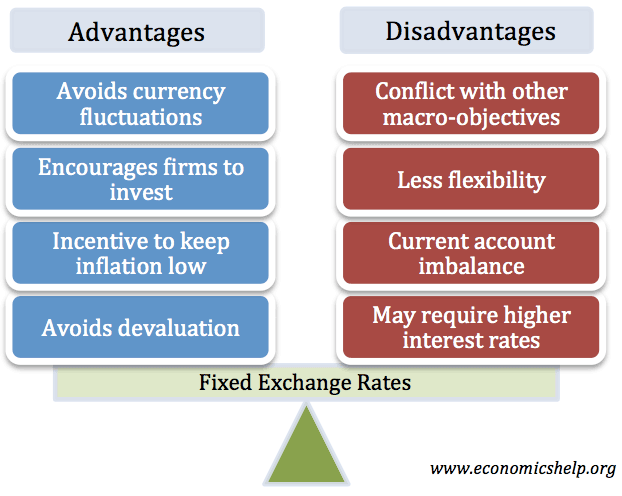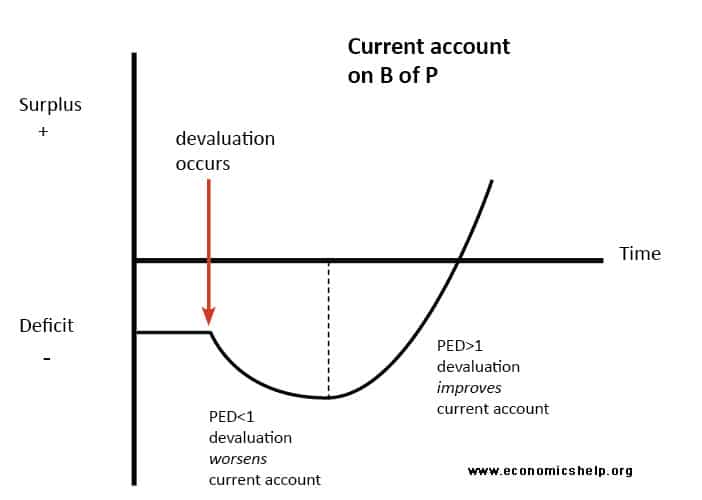Interest Rate Cycle
The interest rate cycle is closely related to the economic or trade cycle. In theory, movements in interest rates should mirror the economic cycle. If the economy is growing strongly and inflationary pressures increasing – Central Banks will increase interest rates to slow down the economy and prevent inflation. If the economy enters into recession …

